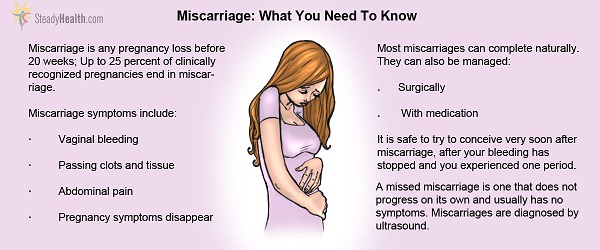

Even after three miscarriages in a row, six women out of every ten will have a successful pregnancy next time around.Īny bleeding in pregnancy should be reported. Two miscarriages are more likely to be due to chance than to some underlying cause. This is because most women who miscarry will not miscarry again. Investigations into the cause of a miscarriage are not usually carried out until after three or more miscarriages in a row.

Have diabetes mellitus that is not well controlled.Have certain medical conditions (for example, systemic lupus erythematosus, antiphospholipid syndrome).Have any abnormalities of the womb (uterus) or a weakness of the neck of the womb (the cervix).Have had fertility problems or it has taken a long time to conceive.Drinking four units of alcohol a week (one unit is half a pint of beer or a small glass of wine) has been shown to increase the risk of miscarriage. The risk increases the more cigarettes you smoke. Women are also at a greater risk of having a miscarriage if they: However in women over 30, there is an increased risk of miscarriage if the father is over 40. In women under 30, the age of the father does not seem to make a difference. The risk of miscarriage also increases with increasing age of the father. Approximately eight out of 100 pregnancies end in miscarriage in women under the age of 30 this number increases to 16 out of 100 in women aged between 35 and 37, to 33 out of 100 in women aged between 40 and 41 and to 60 out of 100 in women aged between 44 and 46. Such genetic errors become more common as the mother gets older. This is usually a one-off event and rarely occurs again. If a baby (fetus) doesn't have the correct chromosomes, it can't develop properly and so the pregnancy will end. Chromosomes are the structures that contain the genetic information inherited from the parents. It is thought that most early miscarriages are caused by a one-off problem with the chromosomes of the developing baby (fetus) in the womb. Why do miscarriages happen? When is a miscarriage most likely to occur? Who should you call if you have a miscarriage? All your questions answered.

It is important to seek medical advice with bleeding in pregnancy - this should be sought urgently if the bleeding is heavy (heavier than a normal period) or there is pain. This is a pregnancy that occurs outside the womb. A late miscarriage is one that happens from 13 weeks to 24 weeks of pregnancy.Ī less common cause of bleeding in pregnancy is an ectopic pregnancy. More than 8 miscarriages out of 10 occur before 13 weeks of pregnancy. A loss after this time is called a stillbirth. Miscarriage is the loss of a pregnancy at any time up to the end of the 24th week. The most common cause of bleeding after the time of the missed period is a miscarriage. This is sometimes called an 'implantation bleed', because it happens when the fertilised egg implants itself in the wall of the womb (uterus). About 25 out of 100 pregnant women have a small amount of bleeding (spotting) at the time of their missed period.


 0 kommentar(er)
0 kommentar(er)
